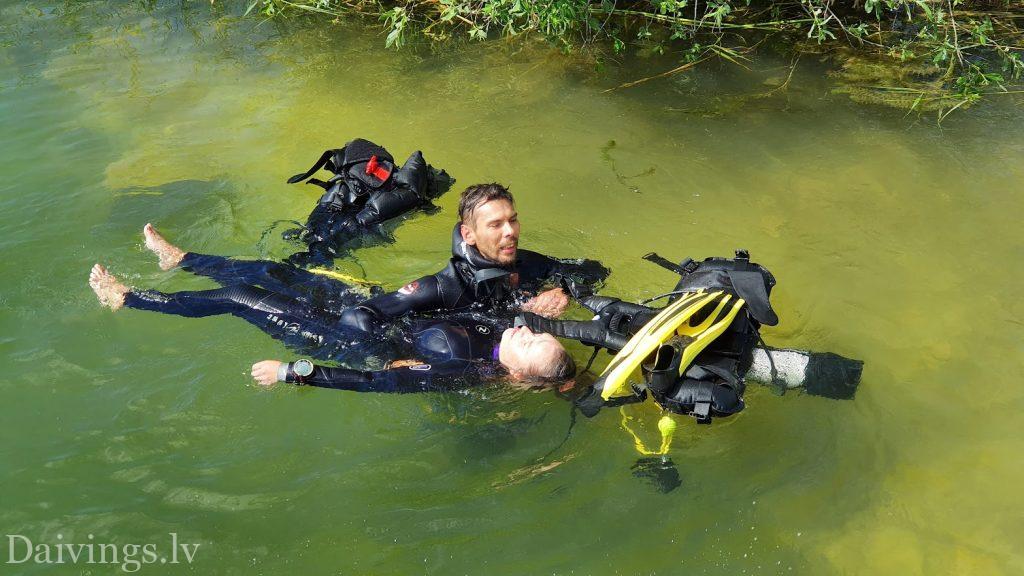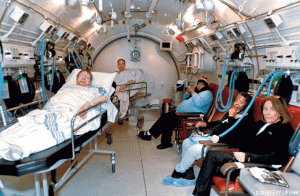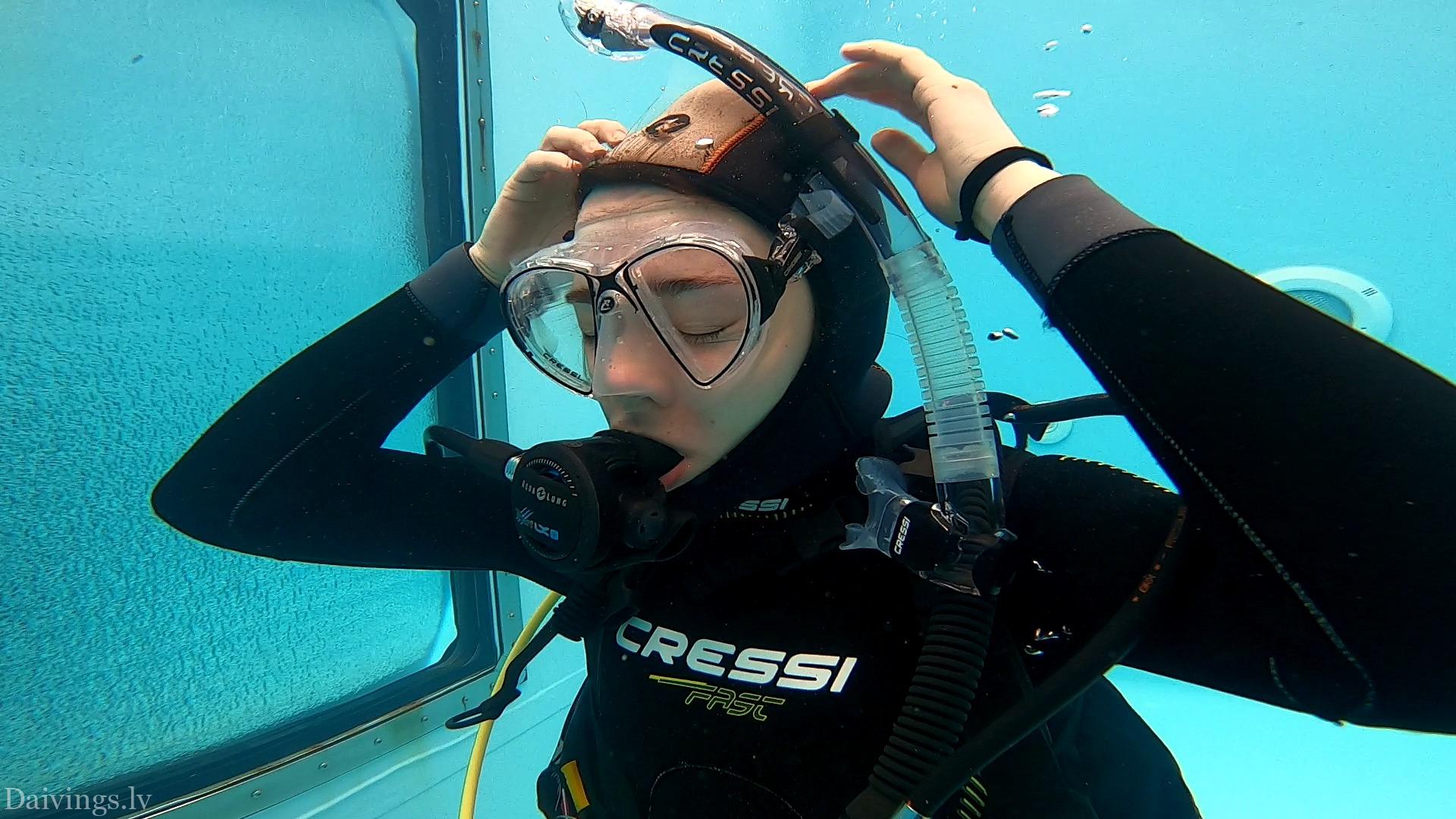What is decompression sickness?
Decompression sickness is a serious medical condition that can occur in divers. It is caused by formation of gas bubbles in the body, rising rapidly from higher water pressure to lower pressure, such as diving from the depths or taking off in an airplane. These bubbles are mainly formed from nitrogen that dissolves deep in the blood and tissues.
When a diver surfaces too quickly or flies after a dive, the pressure drops and the dissolved nitrogen begins to form gas bubbles. The small bubbles are usually naturally eliminated from the body through the lungs. But larger bubbles can block blood vessels, causing a variety of symptoms, including:
- Pain in joints and muscles
- Dizziness, fatigue
- Headache, confusion
- Skin itching, rash
- Difficulty breathing, coughing up blood
- In severe cases – paralysis, convulsions, loss of consciousness
Decompression sickness can happen not only to divers, but also to people who work under high pressure underwater, such as caisson workers.

Protection against decompression sickness:
- Observe the no-fly time after diving: This allows the body to naturally remove nitrogen from the blood and tissues.
- Gradually swim up: Don't delay your resurfacing, follow the dive charts and guidelines.
- Use decompression stops: If the dive was particularly deep or long, take breaks at a certain depth, allowing the body to gradually adapt to less pressure.
- Diving safely: Do not exceed your abilities and diving limits.
- Regularly attend diving training courses: Update knowledge and skills for safe diving.
If you experience symptoms of decompression sickness after diving, seek medical attention immediately! Prompt diagnosis and treatment are very important to prevent serious health consequences.
Medical explanation for decompression sickness: lat. de prefix meaning separation, lowering, + compressio compression morbid conditions resulting from a sudden drop in ambient pressure.

Table of Contents
Who can get decompression sickness?
With DECOMPRESSION DISEASE divers and caisson workers as well as pilots can become ill. One of the most common types of decompression sickness is caisson disease, which occurs if a person rises above the water too quickly after working in a high - pressure environment.
When a person works in an environment with high air pressure, much more nitrogen is dissolved in his tissues, mainly in the blood, than under normal air pressure. As the pressure drops, nitrogen dissolved in the blood begins to form gas bubbles. If the pressure gradually decreases, the blisters are small, break down and are eliminated from the body through the lungs. But if the pressure drops rapidly, the blisters are large and can clog blood vessels, causing circulatory problems (gas embolism). The manifestation of decompression sickness depends on the location of the vascular occlusion.
Signs of decompression sickness
In milder cases of decompression sickness itching in the joints, legs, back, there is often pain. In more severe cases, there may be paralysis of the legs (if there is a blockage in the blood vessels of the spinal cord), possible disorders of the heart, lungs and other organs (dizziness, headache, loss of consciousness); a very dangerous is a blockage of a large blood vessel, which can be fatal. Treatment.
Appearing first decompression sickness symptoms, consult a doctor immediately. The victim is placed in a special recompression chamber, where the pressure is rapidly increased to that in which the work was performed, and then decompression is performed very slowly. During this time, the nitrogen dissolves in the tissues again, the gas bubbles are greatly reduced, broken down and released from the body through the lungs. After that, a warm bath, irradiation with a sollux or quartz lamp, heart products are recommended.
Prevention of decompression sickness
Regular med. inspections. Strict occupational selection - people with ear, nose, lung, heart, nerve diseases, obese people, as well as people under 20 years of age should not work in places where decompression sickness is possible. or older than 40 g. Inspection of divers' equipment and caissons, leak control of aircraft cabins. The length of working time and the correct decompression regime must be strictly observed. After decompression sickness do not drink alcohol.
Decompression sickness is a serious medical condition that can occur in divers. It is caused by formation of gas bubbles in the body, rising rapidly from higher water pressure to lower pressure, such as diving from the depths or taking off in an airplane. These bubbles are mainly formed from nitrogen that dissolves deep in the blood and tissues.
If you experience symptoms of decompression sickness after diving, seek medical attention immediately! Prompt diagnosis and treatment are very important to prevent serious health consequences.

